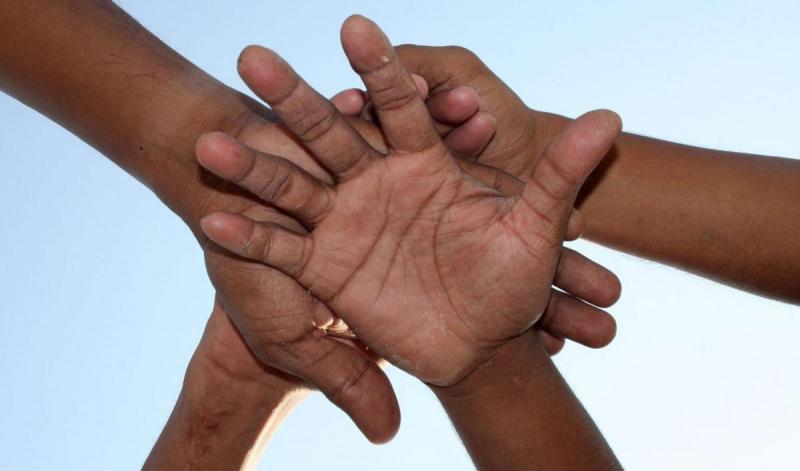Call for Papers: Religious Ethics and 21st Century Surveillance

Human flourishing is aided and hindered by surveillance systems. Religious ethics, directed towards an authentic way of life, have, therefore, a significant interest in how Big Data and other surveillance strategies shape men and women.
On the other hand, religious ethics may reflect the concerns of analogue societies rather than 21st century digital, networked communities.
This workshop offers the opportunity to discuss a wide range of questions. What are the contributions of religious perspectives to ethical questions around privacy and Big Data? What is ethical surveillance of bodies that are viewed in the light of the Divine? Can religious traditions endorse the quantification of the self? Does the economy of surveillance influence the way surveillance technology is used – of free will or by force – in religious communities?
What is a religious ethic of trust in contexts of hyper-vigilance and moral panics fed by intrusive surveillance? How do religious ethics of non-violence adapt to conflict engaged remotely through systems of image-gathering? Does surveillance change the religious self-understanding? Can we speak about surveillance as a sort of religion? Does the practice of surveillance transform religious practice and if so, what are the ethical implications?
In this third in a series of three workshops, the main presenters will include:
Dr Anat Leibler (Bar Ilan University, Israel); Maria Kjellsdotter-Rydinger (Together For Sweden); Dr Brian Brock (University of Aberdeen); Dr Esther Reed (University of Exeter) and Professor Allyson Macvean (Bathspa University) – Reed and Macvean co-authoring a paper; Dr Susanne Wigorts Yngvesson (Stockholm School of Theology); and Dr Eric Stoddart (University of St Andrews).
Call for Papers
Established scholars doctoral students and religious practitioners are welcome to propose papers. Academics from the fields of, for example, sociology, philosophy of religion, theology, religious studies, and cultural studies are particularly welcome. It is anticipated that faith practitioners from a range of traditions will be represented. The workshop will run from 12pm on Monday 20 November – 2pm on Wednesday 22 November 2017. It will be held at a venue in central London.
Places are limited for this subsidised event. There is no registration fee but participants must apply for a place. Refreshments and lunch will be provided but accommodation and dinner is arranged by participants at their own expense. Some funds are available to support doctoral students and early career researchers with travel costs.
There will be a mix of plenary presentations and shorter papers. Proposals for papers (20 mins duration) are due by 1st September 2017. Please send your abstract and title (no more than 500 words) along with contact details and brief biographical information to Dr Eric Stoddart. Preliminary enquiries are welcome at this address. Applications for financial assistance with travel should be made in writing at the same time.
More general information about this project is available here


